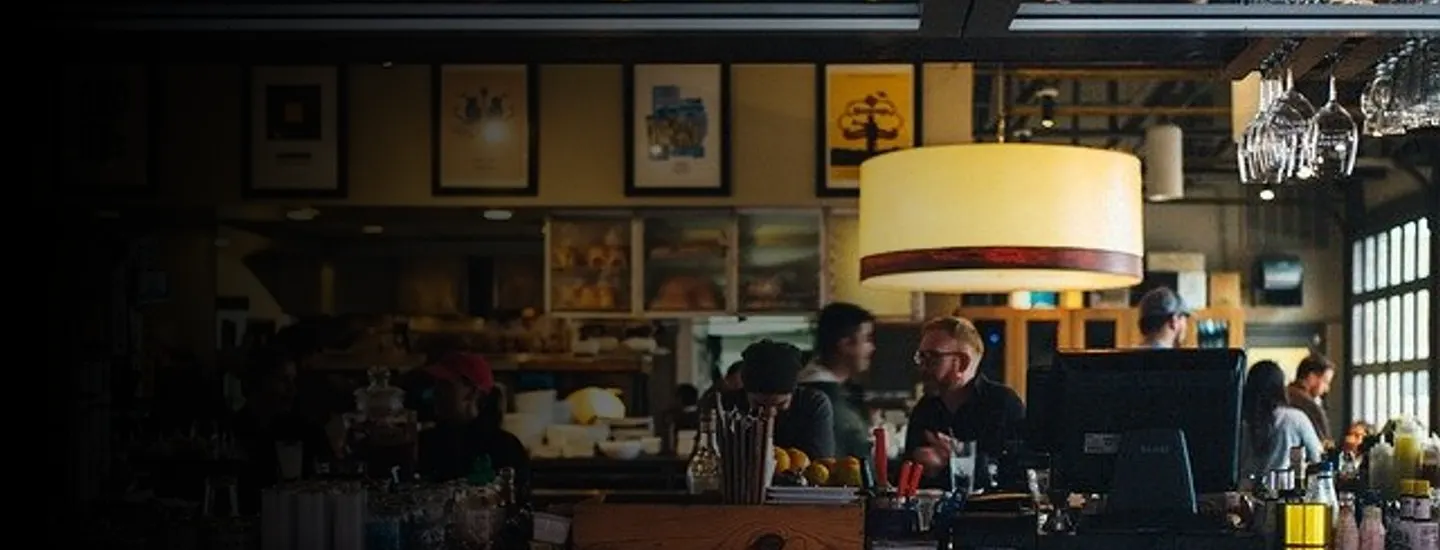There is light at the end of the tunnel. With a vaccine programme being rolled out and news that investment vehicles and experienced operators are circling the sector, including ex-Greene King chief executive Rooney Anand, thoughts have turned to how businesses will bounce back. Of course, there will be further bumps in the road to contend with.
Our latest Market Recovery Monitor, in partnership with CGA, shows that almost 6,000 sites permanently closed their doors last year. Without further substantive Government support, particularly on the issue of rent debt and the continuation of current support measures such as furlough and rates and VAT relief, that figure may well be the tip of the iceberg. But hospitality will reopen with a great deal of pent-up demand, and there will be opportunities for ambitious operators through the freeing up of property and labour and reduced competition.
Throughout the pandemic we have seen the acceleration of a number of existing trends, from the explosion of new sales channels to technology becoming moving higher up the agenda. Here we touch on four key themes that operators must adapt to:
Omni-channel strategy
Diversity of sales channels has been a key lever in enabling operators to battle through the crisis and could be crucial in providing much-needed momentum as the sector starts the long road to recovery. From Pizza Pilgrims to Cote, and Dishoom to Greene King, companies have moved into the delivery and at-home market for the first time or with renewed vigour. The question they have to answer is how much will these play a part going forward? The pandemic has brought a heightened sense of needing to be where the consumer is. When the public is finally set free from lockdown, operators will need to assess what level of focus and investment is appropriate for these new revenue streams in the future. But what is clear is that delivery is now established in the lives of customers and operators need to determine their strategy to make the most of it.
Digitalisation
Managing cost has become a crucial daily battle, bringing a renewed focus on the digitalisation of the sector. Trading under specific restrictions has underpinned this, with a sprint toward order and pay solutions, kiosk ordering, online booking and cashless payments. These all bring efficiencies and ability to drive sales growth, meaning they are very much here to stay. The next stage is likely to feature further automation with a number of operators, particularly in the QSR and fast-casual segments, already exploring how to make the consumer journey more frictionless, typically through pre-order, collection points or digital screens. Others are investing in automation back of house, with tech development focused on putting together multiple orders at high speed. We’re also seeing a rise in drive-thrus as a location type, plus the likes of Five Guys and TGI Friday’s adding the option of ‘curbside’ pick-up to their offer, bringing another layer of personalisation.
Experiential focus
Absence, they say, makes the heart grow fonder. The conviviality and social experience provided by hospitality can’t be recreated online despite the best efforts of the tech titans. We can expect a huge uptick in trade when restrictions are lifted and positive sentiment toward the sector should be at an all-time high. But the landscape will, of course, look very different as operators respond to the number of people that continue to work from home, perhaps targeting residential-led areas over retail-led ones. With many traditional bricks and mortar retailers set to only have an online presence, it’s worth noting how many experiential brands have already started to secure these sites, including Gravity, set to make its London debut in the summer at Southside Shopping Centre, Wandsworth, with an 80,000 square foot entertainment venue in the former Debenhams. Leisure is an increasingly important component of a complete destination, and more landlords will be looking at these types of models as part of a blended approach to reimagine their property portfolios.
Staying authentic
How your business behaves during times of crisis sticks long in the memory of customers and your teams. Companies across all sectors have had to put their best foot forward in the past year and authentic leaders have been able to strengthen these bonds and their corporate reputation, whereas others have been shown-up. This materially impacts brand perception and value so cannot be overlooked. Employees, future recruits, potential investors and customers will scrutinise how you acted during and coming out of the crisis and make choices based on that.
It’s hard to imagine an immediate return to business as usual for the sector but, then again, when consumers do finally come back, they will find comfort in the familiar and a new-found appreciation of eating and drinking out. While elements of the hospitality industry will have changed forever, in many cases this will make for a more efficient and more resilient industry for years to come.


